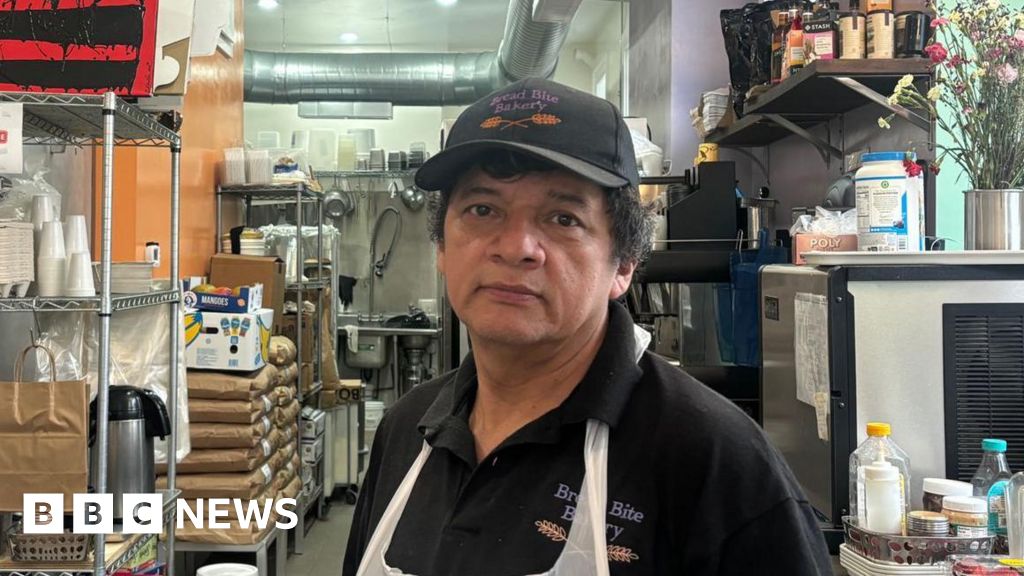
The Bitter Brew: How Tariffs Are Steaming Up the US Coffee Scene
The aroma of freshly brewed coffee, a comforting staple in American life, is increasingly tinged with a bitter aftertaste. For independent coffee shops across the nation, the cost of that morning cup is rising, and the culprit isn’t just inflation – it’s the complex web of international trade and tariffs.
For years, these small businesses have relied on imported coffee beans, predominantly from countries like Colombia, Brazil, and others in Central and South America. These beans, representing the heart and soul of their brews, are now significantly more expensive due to escalating tariffs. This isn’t a small fluctuation; it’s a substantial price hike impacting every aspect of their operations, from bean sourcing to the price consumers ultimately pay.
The impact on independent coffee shops is particularly acute. Unlike large corporations with greater economies of scale and purchasing power, these smaller businesses have significantly less wiggle room to absorb these increased costs. Their margins are already thin, and passing on the entire cost to consumers could price them out of the market, especially in a competitive landscape.
The struggle isn’t just about the bottom line; it’s about maintaining quality and consistency. Many of these shops pride themselves on ethically sourced beans, direct relationships with farmers, and a commitment to fair trade principles. The tariff increases threaten to disrupt these established supply chains and force them to compromise on quality to remain afloat. Switching to cheaper, potentially lower-quality beans from domestic sources might seem like a solution, but it often comes at the expense of the distinct flavor profiles customers have come to expect and appreciate.
Furthermore, the uncertainty surrounding tariff levels adds another layer of complexity. Fluctuating prices make it incredibly difficult for shop owners to plan for the future, impacting inventory management and long-term financial stability. The unpredictability makes it harder to secure loans, invest in upgrades, or even plan for staff increases. This instability contributes to a sense of anxiety and insecurity within the industry.
This isn’t simply a problem for small business owners; it’s a threat to the rich tapestry of the American coffee experience. Independent coffee shops are often community hubs, places where people connect, socialize, and support local entrepreneurs. The closure of these beloved establishments would represent a significant cultural loss, leaving a void in local communities and diminishing the diverse landscape of coffee culture.
The current situation highlights the delicate balance between international trade, economic policy, and the vitality of small businesses. The price of a cup of coffee, seemingly insignificant on its own, has become a potent symbol of the broader challenges facing small enterprises in a globalized world. The future of independent coffee shops hangs in the balance, demanding a deeper consideration of the unintended consequences of tariff policies and the crucial role these businesses play in their communities. The question remains: will the bitter taste of these tariffs ultimately overshadow the rich aroma of American coffee culture?



Leave a Reply